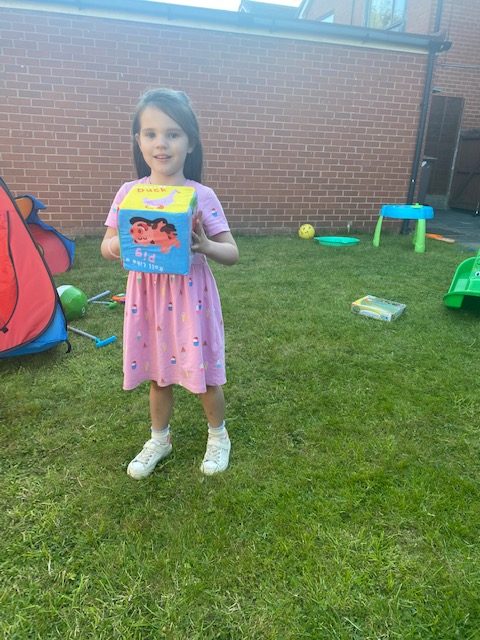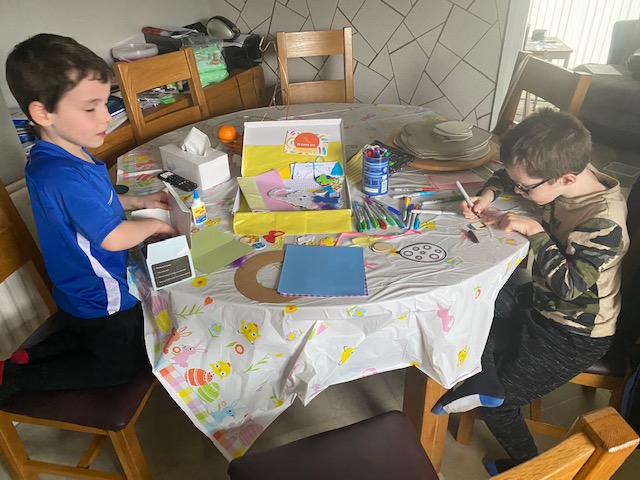Do you worry about your kids resilience and how they will cope in our very demanding world?
I do all the time, especially since they both started school and have had to learn to navigate the stuture of school learning, play time, making friends and becoming more independent.
Which is one of the many reasons I still encourage them to play and learn as much as possible. Did you know that play helps kids become much more resilient? and these are the reasons why…
Play and Learn
3 ways that play builds kids resilience
- Problem-solving: Play allows children to experiment with different solutions to problems and develop their critical thinking skills. When faced with challenges during play, children learn to persevere and find creative ways to overcome obstacles, building their resilience.
- Emotional regulation: Play provides children with an outlet to express their emotions, helping them to regulate their feelings and develop coping mechanisms. Children play and learn to manage their emotions, building their resilience to stress and adversity.

3. Social connections: Play allows children to interact with others and develop their social skills. Children learn to share, take turns, and communicate effectively through play, building their resilience by learning to navigate social situations. These social connections also provide support and a sense of belonging which can help children cope with stress and adversity.
Play is an essential part of children’s development and it plays an important role in building resilience. Children play, to problem-solve, regulate their emotions and build social connections that are essential for coping with stress and adversity in life.
Play that involves movement and exercise definitely helps my children regulate their emotions which is why I created the toy cubefun. The quiet play like arts and crafts helps my boys with problem solving and creativity.
What are your kids favourite play activities?
Check out this great article Brain Building from Harvard University with some great play ideas from babies to teens.
